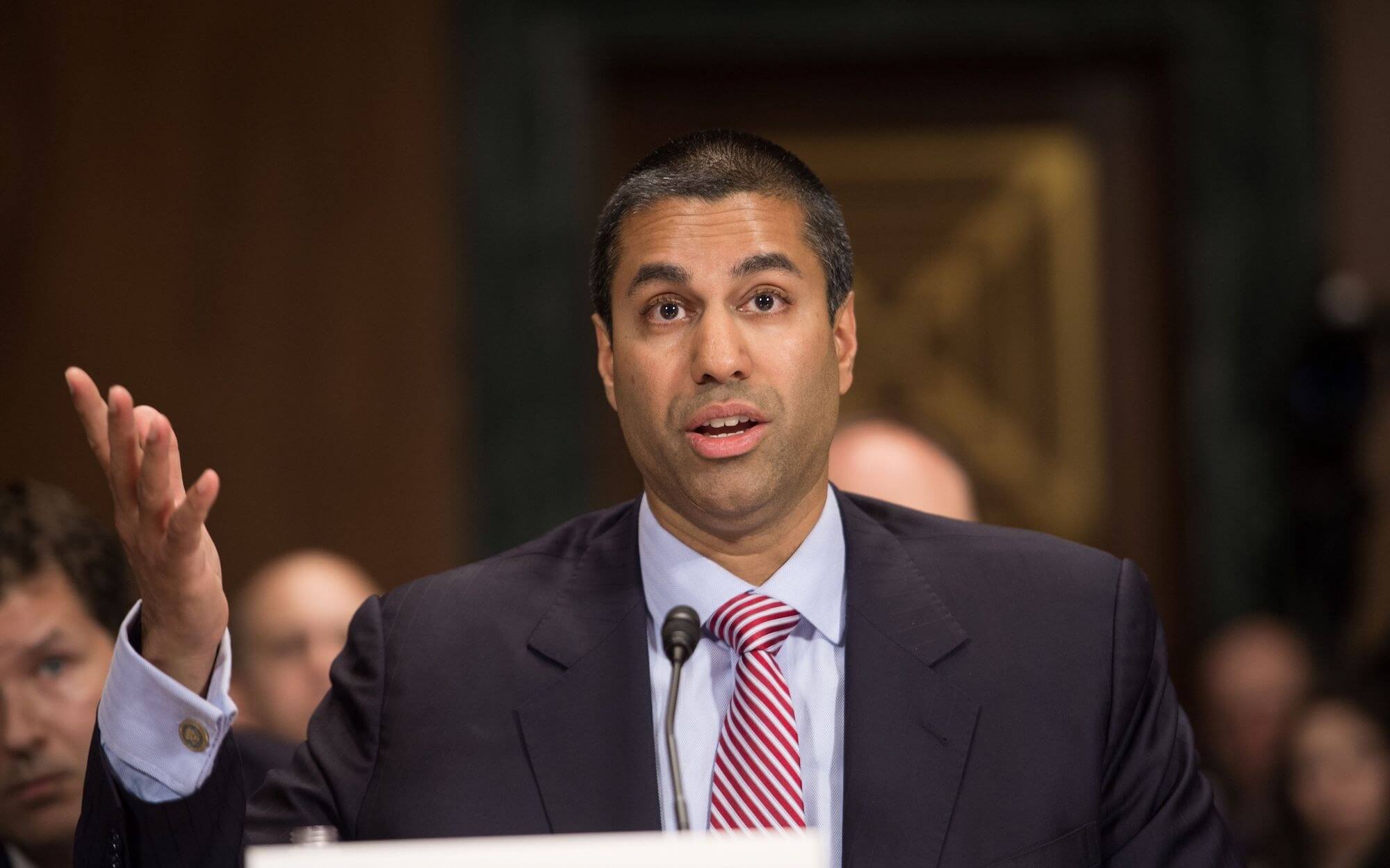What just happened? California Governor Jerry Brown signed a bill over the weekend that would regulate how ISPs conduct business. The US Justice Department immediately filed suit claiming that the law usurps federal authority and is an illegal law since it affects interstate commerce. California will defend the legislation.
The US Justice Department filed a lawsuit on Sunday challenging California's new "net neutrality" legislation. The law is an attempt to undermine the Federal Communications Commission's (FCC) recent rollback of internet access rules last year. The law prohibits providers from blocking or throttling legal content and from "prioritizing" specific sites and services.
The New York Times notes the law is being challenged because it circumvents the power granted by Congress to the FCC. The Commission has the sole authority to create rules governing internet access since a large portion of interstate commerce occurs over the internet. Having each state make its own laws governing the net can lead to conflicting rules of operation.
"States do not regulate interstate commerce --- the federal government does," US Attorney General Jeff Sessions said in a statement. "Once again the California legislature has enacted an extreme and illegal state law attempting to frustrate federal policy."
State Senator Scott Wiener, who penned the bill, defends the law. In his view, the FCC gave up its role in regulating the internet with the elimination of the 2015 rules.
"Since the FCC says it no longer has any authority to protect an open Internet, it's also the case that the FCC lacks the legal power to preempt states from protecting their residents and economy," Wiener recently said.

California is prepared to defend the law.
"[We] will not allow a handful of power brokers to dictate sources for information or the speed at which websites load," said California Attorney General Xavier Becerra. "We remain deeply committed to protecting freedom of expression, innovation, and fairness."
The battle over net neutrality has been raging since rules enacted during the Obama administration were repealed. Becerra and 19 other attorneys general have a pending suit against the FCC's rollback. Internet providers can also be expected to throw their hats into the ring against California's new law.
"When the F.C.C. chose to ignore the millions of consumers who urged them not to repeal net neutrality protections last year, it left a void that state lawmakers are now rightly filling," said Jonathan Schwantes, the Consumers Union's senior policy counsel.
Telecoms warn that inconsistent "patchwork" legislation across the country will only result in driving up costs. These costs will result in an indirect tax on the consumer in the way of higher subscriber fees.
USTelecom, a trade group representing broadband providers such as Comcast and AT&T, indicated that ISPs are not necessarily against any rules, but that conflicting laws between states are going to cause problems. USTelecom President Jonathan Spalter believes Congress would be better suited to set up nationwide regulation to avoid such conflicts.
"Rather than 50 states stepping in with their own conflicting open internet solutions, we need Congress to step up with a national framework for the whole internet ecosystem and resolve this issue once and for all," said Spalter.
